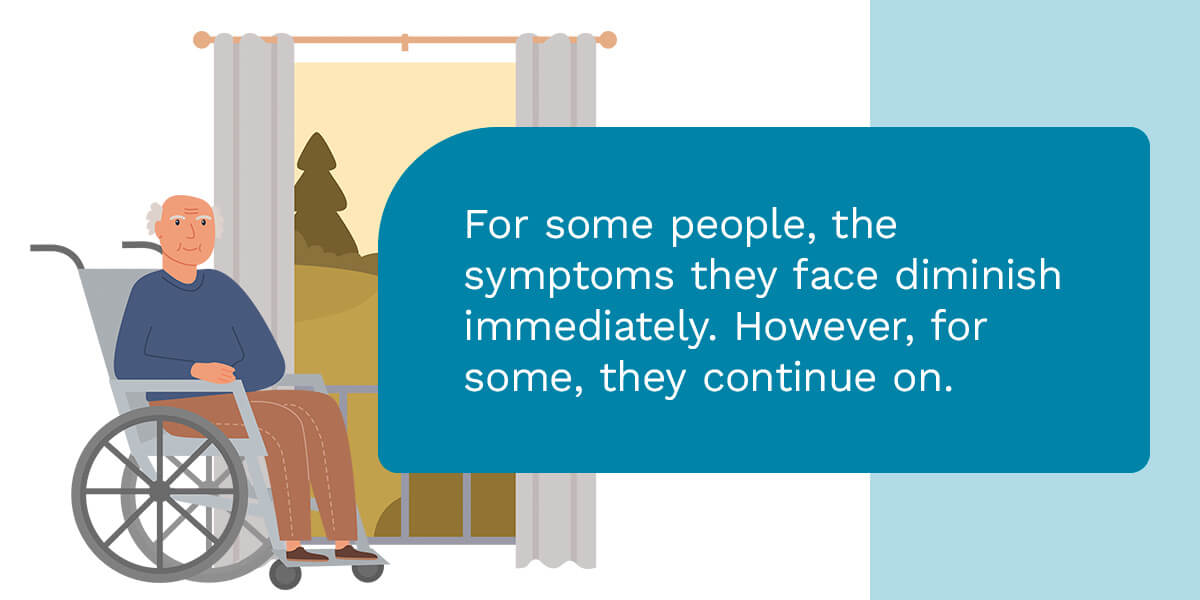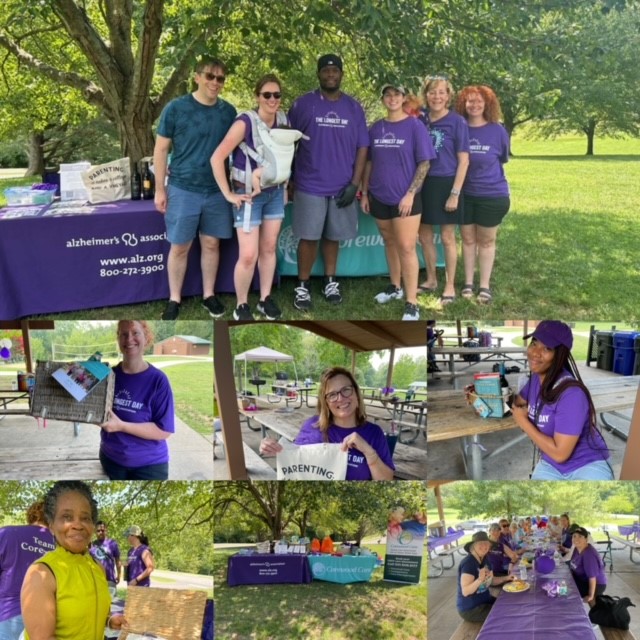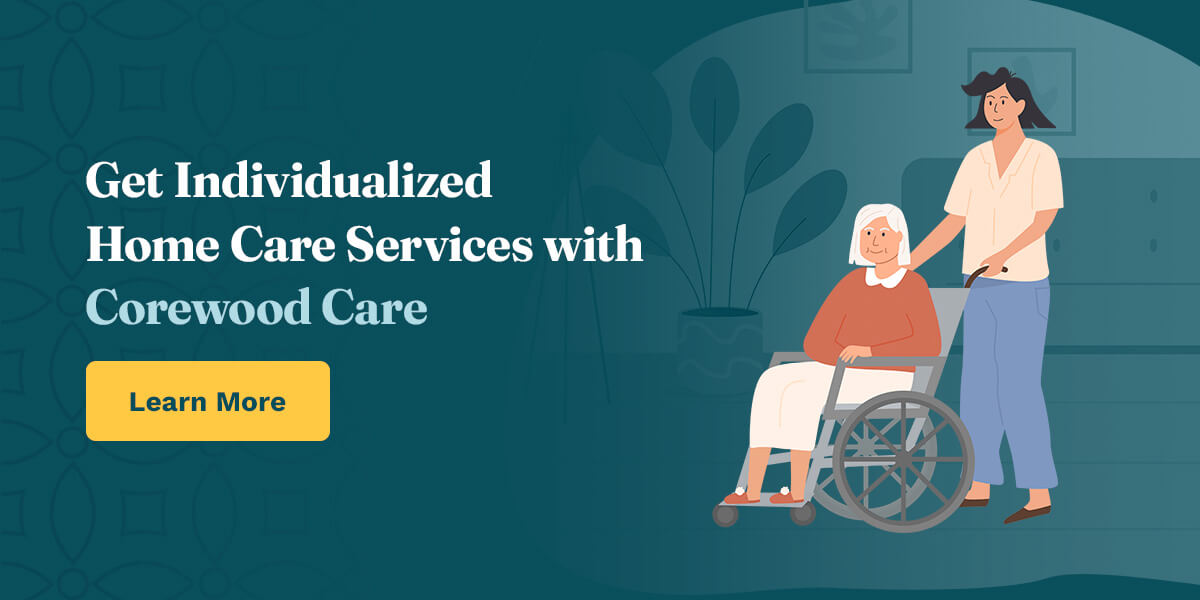We all tend to forget things. And as we grow older, we all start to notice some changes in our ability to remember things. For example, you’re peering into your refrigerator and can’t remember why. Or you are unable to recall a familiar name or place during a conversation. Memory lapses can happen at any age, but we often become overly concerned as we get older because we worry they may be signs of dementia or loss of intellectual function.
According to the Harvard Medical School, significant memory loss in older people isn’t a normal part of aging—but is due to organic disorders, brain injury, or neurological illness, with Alzheimer’s being among the most feared.
Even though forgetting is common and normal, and most fleeting memory issues that we experience with age reflect normal changes in the structure and function of the brain. With decades of research, there are various strategies we can use to protect and sharpen our minds. Here are a few to try.
Keep Learning
Just as physical activity keeps your body healthy, mentally stimulating activities can help your brain stay in shape. Experts think that continuous learning and education can help keep memory strong by getting a person into the habit of being mentally active. Challenging your brain with mental exercise is believed to activate processes that help maintain individual brain cells and stimulate communication. Many of us have jobs that keep us mentally active, but pursuing a hobby or learning a new skill can function the same way. Read; join a book club; play mahjong or bridge; research your family history; do crossword or jigsaw puzzles; pursue music or art; design a new garden layout. Building and preserving brain connections is an ongoing process, so make lifelong learning a priority.
Stay Physically Active
Maintain a balance between mental and physical exercises. Physical exercises increase oxygen to your brain and decrease the risk of memory loss diseases like diabetes and cardiovascular disease. Physical exercise also plays a crucial role in neuroplasticity, which ensures new neural connections. Thus it is important to engage in aerobics, light yoga, or other exercises to help keep the brain’s neurons firing.
Use All Your Senses
The more senses used in learning something, the more your brain will retain the memory. In a recent study, adults were shown a series of emotionally neutral images along with a smell. The participants did not have to remember what they saw. Later, they were exposed to a set of images. No odor was associated with the images. They were then asked to indicate which items they had seen previously. Participants had excellent recall for all odor-paired visuals. This was especially true for images that were associated with pleasant smells. Brain imaging indicated that the piriform cortex, the main odor-processing region of the brain, is active when people saw objects originally paired with odors, even though the smells were no longer present and the subjects hadn’t tried to remember them. So try to use all your senses when exploring unfamiliar territory. For instance, guess the ingredients used as you taste a new dish or sip a glass of wine.
Socialize
Depression and stress are the two main contributors to memory loss. Isolation from family and friends can make an individual feel sad and lonely so look for opportunities that give you a chance to hang out with people. In a recent study, by the Harvard School of Public Health, it was seen that those who were most social had the slowest rate of memory loss. Hence, plan vacations or picnics with your loved ones, on a regular basis, especially if you live alone.
Emotional difficulties can take just as heavy a toll on the brain as physical problems. Mental sluggishness, difficulty concentrating, and forgetfulness are common symptoms of depression. Memory issues can be particularly debilitating in older adults. Sometimes depression in this population can be mistaken for dementia. The good news is that when the depression is treated, memory should return to normal.
Ignore the Negative
Myths about aging can contribute to a failing memory. Older adults do worse on memory tasks when they have been exposed to negative stereotypes about aging and memory. This same group will do better when messages about aging are positive especially regarding memory preservation into old age. It’s only natural that people who believe that they are not in control of their memory function are less likely to work at maintaining their memory skills and thus are more likely to experience cognitive decline. If you believe you can improve and you practice this belief, you have a better chance of keeping your mind sharp.
Sleep
People usually sleep enough to get through the day. However, that does not ensure full functioning. Research has shown that sleep helps in consolidating memories, which makes it easy to recall them later. For this reason, make sleep your top priority by getting at least 7-9 hours of rest daily.
Use a Mnemonic
A mnemonic is a creative way to remember lists. Mnemonic devices can take the form of an acronym. A popular mnemonic for medical professionals is RICE when recalling first-aid instructions for an injured limb. RICE = Rest, Ice, Compression, and Elevation. You probably remember from music class the phrase “Every good boy does fine” to remember the musical notes E, G, B, D, and F on the lines of the treble clef. A mnemonic can help a person’s ability to remember something and is a classic memory technique (used by the ancient Greeks) to help the brain better recall important information.
Memory loss as we age is very common and sometimes inevitable. However, many activities can help sharpen your memory. Better memory comes down to three things: motivation, observation, and mechanics. Taking action now to strengthen and preserve your memory by developing techniques that work for you and practicing a couple of minutes a day to strengthen your memory.



Recent Comments